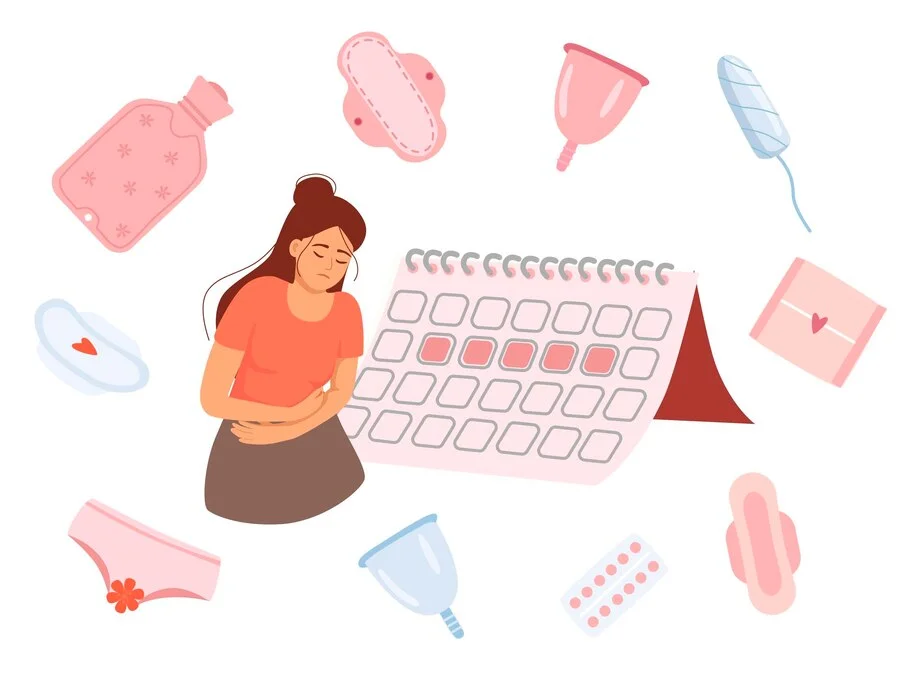-
Ganesh Talkies, Kolkata
Ganesh Talkies, Kolkata

Delayed pregnancy after 35 is becoming more common, but is it safe? Understand the risks, benefits, and expert advice from one of the best gynecologists.
Gone are the days when women felt pressured to start a family before hitting 30. With growing career aspirations, personal goals, and lifestyle choices, many women today are consciously choosing to delay pregnancy into their mid-to-late 30s and even early 40s. But while society is evolving, biology tends to remain constant—and this is where questions arise.
Is it medically safe to delay pregnancy after the age of 35? Are there additional risks? What should one consider before making such a decision?
This blog aims to decode the truths, clear the misconceptions, and offer science-backed insights so that women can make informed reproductive choices without fear or confusion.

Several factors contribute to the growing trend of women choosing motherhood later in life:
While it’s entirely possible to have a healthy pregnancy post-35, understanding how your body changes can help in making proactive decisions.

Choosing to delay pregnancy doesn’t mean compromising on your dream of motherhood. Here’s how to proactively prepare:
Being informed is empowering. While the risks associated with delay pregnancy do increase slightly with age, they are manageable.
According to studies from the American College of Obstetricians and Gynecologists (ACOG), more than 20% of women in developed countries are now having their first child after the age of 35. India is witnessing a similar shift, especially in metro cities.
With proper care, many women over 35 have gone on to have smooth pregnancies, healthy deliveries, and joyful motherhood. Science and support play equal roles here.
If you’re planning to delay pregnancy, it’s wise to establish a connection with a reputed gynecologist who understands both modern lifestyles and advanced medical practices.
A consultation becomes crucial if:
Look for someone who doesn’t just have medical credentials, but also offers compassionate, evidence-based guidance. Several women have benefited from such holistic care under the expertise of leading specialists.

Yes, many women conceive naturally after 35. However, fertility begins to decline, so early assessment and support are advised.
Not at all. While risks may be slightly higher, many women conceive and deliver healthy babies at 37 and beyond with proper care.
If you’re not planning to conceive in the next 2-3 years, egg freezing can be a great option to preserve fertility potential.
Yes, IVF is often successful in women up to their early 40s, especially when paired with healthy lifestyle practices and good egg quality.
Hormonal profile, AMH test, thyroid levels, pelvic ultrasound, and general health screening are commonly recommended.
While this post doesn’t endorse anyone directly, it’s worth noting that many women have found clarity, hope, and effective support by consulting professionals who blend medical expertise with compassionate care. If you’re planning to consult a gynecologist, it’s important to research thoroughly, verify credentials, and choose someone who aligns with your healthcare needs and values.
Choosing to delay pregnancy after 35 isn’t a reckless decision—it’s often a thoughtful one. Whether it’s for emotional, professional, or personal reasons, what matters most is being aware, prepared, and supported.
Your body is capable, your choices are valid, and with the right guidance, motherhood can be a fulfilling experience—at any age.
So if you’re standing at the crossroads of planning your future, take that first step with confidence, knowing that science, support, and expertise are on your side.